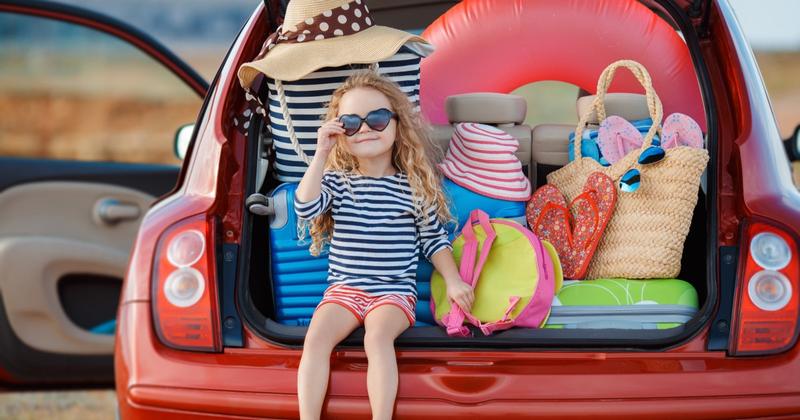10 Tips for Roadtrips and Autism

We’re so excited that summer is here! That means lots of ice cream, watermelon, time at the beach, and some well-deserved vacations are in order! But, if you’re traveling with a little one who may need some extra help or attention, well let’s say that can be a bit…. overwhelming, to say the least.
We have a list of travel tips from the Autism Speaks organization that may help you when taking your child on a road trip, no matter how big or small!
- Practice Makes Progress
A good way to help your child with autism be prepared for and comfortable with the idea of travel is to use of teaching stories! Teaching stories are customized, very brief stories that can help explain a new social situation or behavior. If possible participating in a realistic “dress rehearsal” can help your child become used to the sights and sounds they can expect, providing an opportunity to walk through their upcoming travel experience.
2. Contact Guest Services in Advance
Many families are unaware that they can contact guest services at airports, train stations and hotels for additional support. There are many travel-related companies that provide a variety of accommodations like advanced boarding times, special meals, rental equipment, travel companions and pre-registering service animals.
3. Provide Choices
Allowing your child to feel they’re in control is one way to relieve that anxiety. One suggestion is having them pack their own backpack to carry with them. They can pack a few of their favorite things such as calming toys, books, iPads (or other devices) and snacks for the trip. This step provides your child with something to feel responsible for and allows them to choose which comfort items they bring along for this new experience.
4. Prepare for Sensory Concerns
Unfamiliar noises during travel may be problematic, but packing ear plugs, noise cancellation head phones or music players may help. If your child has difficulty handling crowds or standing in line, ask the gate attendant if you can board early to get settled in a seat quickly or plan to board last, so you spend less time waiting before departing.
5. Safety First!
Changing routines and new environments during travel make having a safety plan even more important. Consider additional safety products such as wearable ID tags to make sure your child has a form of ID on him at all times.
6. Prep your Environment
When staying in a hotel, it is a good idea to call ahead and ask for a quiet room (think corners!) and request a room with a refrigerator if your child follows a specific diet. You also might want to explain your child's particular needs in advance of arrival to see if there are any additional accommodations the hotel can provide. This will also give you an opportunity to discuss safety precautions such as door alarms and access to pools and bodies of water.
7. Family Watch System
Another way to plan for a safe trip is to set a family watch system which may reduce stress and anxiety on the parent’s behalf, as well as other members of the family. Having one person at a time provide one-to-one supervision for your child and rotating that responsibility throughout the trip will help keep your child safe and give you peace of mind. This type of teamwork will allow everyone to navigate smoothly throughout the entire trip and help diminish stress.
8. Reinforce Good Behavior
This can be done with the simple reward of praise, a sticker, a small toy or anything else that is reinforcing for your child. You could even consider having your child earn a special reward at the end of a successful drive! Remember to try and notice the times when your child is doing a great job and reinforce them with a reward. These positive behaviors might include sitting with their seat belt, reading quietly or sharing.
9. Keep your Routine
Deviating from a routine can be challenging and stressful for an individual with autism. Try keeping to as normal of a routine as possible when your child Is going to be traveling. If your child likes to do certain activities in the morning and then have quiet time in the afternoon, you should try to follow that routine, even if you are en route. Think of your child's daily routine and the items they like or need for it, and bring them along to make it feel more like home.
10. Create a Schedule
Since strictly keeping your everyday routine during a trip can be tough, creating a schedule will allow your child to develop a sense of a new routine for your trip. Your child can predict what is going to happen next and will relieve some of the anxiety of being in a completely new place.
Check out this article from Autism Speaks and their main website, linked below!

